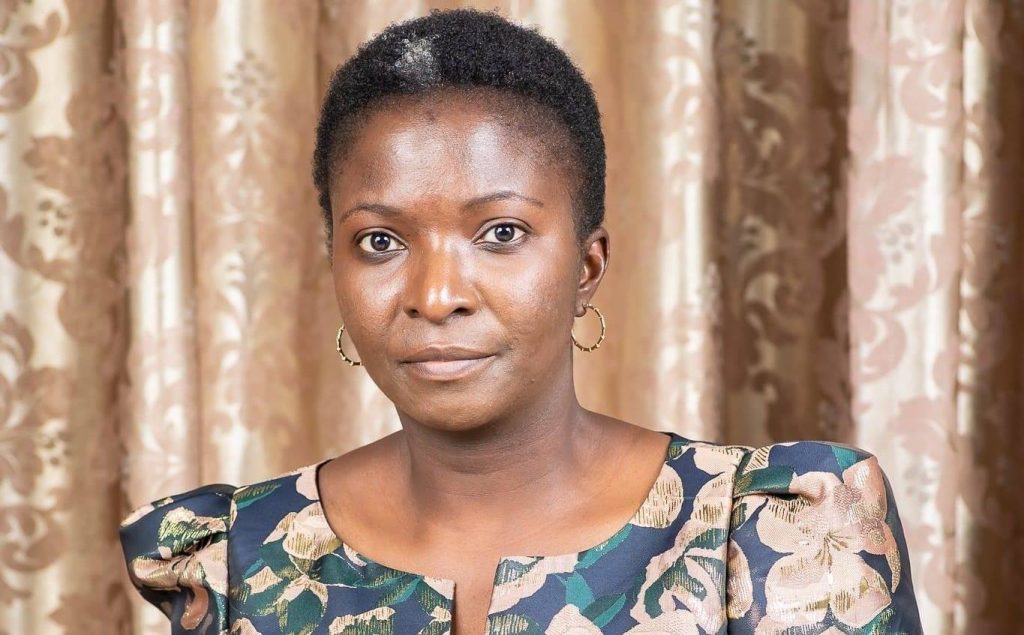A legal expert has faulted Parliament for amending a law to fix a personal relationship between Anti-Corruption Bureau (ACB) director general and Director of Public Prosecutions (DPP).
Legal expert Khumbo Bonzoe Soko in response to a questionnaire on Wednesday described Parliament’s move as ill-conceived, arguing personal relations cannot be fixed by Parliament or a law.
Is she free now?: Chizuma
DPP Steven Kayuni, according to the Constitution, still wields authority over ACB as the supreme law of the land empowers him to take over any criminal matter from the bureau, withdraw or discontinue any case.
This is the case despite President Lazarus Chakwera assenting to the Corrupt Practices Act (CPA) to liberate the bureau from not seeking consent from the DPP to prosecute cases.
Soko, a private lawyer, said: “Personal relationships can only be fixed by the people involved. If the intention of Parliament in amending the law was to fix the broken relationship between the DPP and the ACB director, then I am afraid there was a miss-prescription.
“They looked for solutions for a problem they thought they had diagnosed in the wrong place.”
DPP Steven Kayuni
He said there was and still is no need to amend the Constitution to respond to some disagreements involving two people, as it was hinted by Minister of Justice and Constitutional Affairs Titus Mvalo at the peak of the debate in Parliament.
Soko argued: “That would be a lack of seriousness. There is a lot of merit in the pyramidal system which we currently have where one person sits at the very top of public prosecutions and takes responsibility for everything else.
“It assists in having a coherent law enforcement strategy. Otherwise, you will have two or three people pulling in different directions, thereby undermining law enforcement objectives.”
Soko: Personal relationships can only be fixed by the people involved
The legal expert said he was not aware of any jurisdiction in the Commonwealth that has such a system.
“People tend to forget that the DPP’s powers are not absolute. The law has got inbuilt accountability measures which [guides] how he exercises his powers and functions. Above all, in cases of wanton deployment of discretion, the DPP can be sued,” Soko said.
He said whether the two current officers like it or not, they must know they are joined at the hip by the law.
“They are part of the same team. They have to work together otherwise as we have seen with the leaked memos over the Cementgate case, prosecution of key cases can fall victim to personal egos,” Soko advised.
Malawi Law Society (MLS) Patrick Mpaka maintained the society’s position in an interview Wednesday, arguing there is absolutely no need to amend the Constitution.
He said as long as there is transparency and accountability in the manner the two offices operate, the Constitution was properly grounded and clearly stipulated the roles of the two offices.
“If any of the two offices tries to be mischievous, the public would easily judge. As society, we have no problem with amendment of the CPA; the bureau is now free to take matters to court for prosecution without seeking consent from the DPP.
“And the DPP, at any point, may exercise his powers within the boundaries of the law to withdraw, take over a case or discontinue any criminal proceedings which have been instituted or undertaken by any other person or authority,” Mpaka said.
The whole idea to amend the CPA was to make ACB independent by removing the aspect it required to seek consent from the DPP after the bureau’s director Martha Chizuma came public that the office of the DPP was frustrating prosecutions by or delaying to grant consents.
At the peak of the debate whether to give ACB that latitude not to seek consent from the DPP, the Justice Minister Titus Mvalo pointed out to the National Assembly that the move to give ACB that independence would also require amendment of the Republican Constitution which gives the DPP authority on all criminal matters.
But after President Chakwera’s assented to this Bill to make it a full-fledged law, Mvalo told a news conference in Lilongwe on Monday that the DPP is still in control of all criminal matters as per constitutional provisions.
The minister, sometime in July before the amendment of CPA, feared that the continued battle of supremacy between the ACB and DPP was frustrating the fight against corruption in the country.
He observed that it was frustrating that two of his key people in the fight against corruption were pulling in different directions in what was supposed to be a united fight.
The bad blood between the DPP and the ACB came to light after Kayuni refused to grant the bureau consent to prosecute a case involving corruption suspect Zuneth Sattar’s agent Ashok Nair. Kayuni demanded to be furnished with more information, a thing ACB did not do.
From that time, the two officers have seemingly not been working in harmony with communication from their officers further showing the amplification of their rift.
In July, the DPP faulted ACB for arresting former Malawi Revenue Authority deputy commissioner general Roza Mbilizi, former customs and excise manager Fredrick Mpeusa and deputy commissioner responsible for enforcement and operations Abigail Kawamba.
The three were arrested for allegedly abusing former president Peter Mutharika’s taxpayer identification number free privileges.
Kayuni, in a letter to ACB dated July 19 2022 and copied to Minister of Justice, Attorney General, Inspector General of Police and director of Financial Intelligence Authority, said the arrests were embarrassing as some of the accused persons arrested are State witnesses in a similar case where Mutharika’s former private bodyguard Norman Chisale and others are answering.
The post DPP still holds grip on ACB appeared first on The Nation Online.
 Moni Malawi
Moni Malawi 

